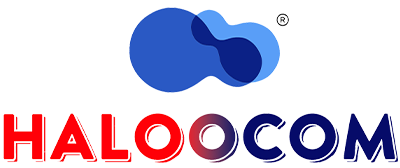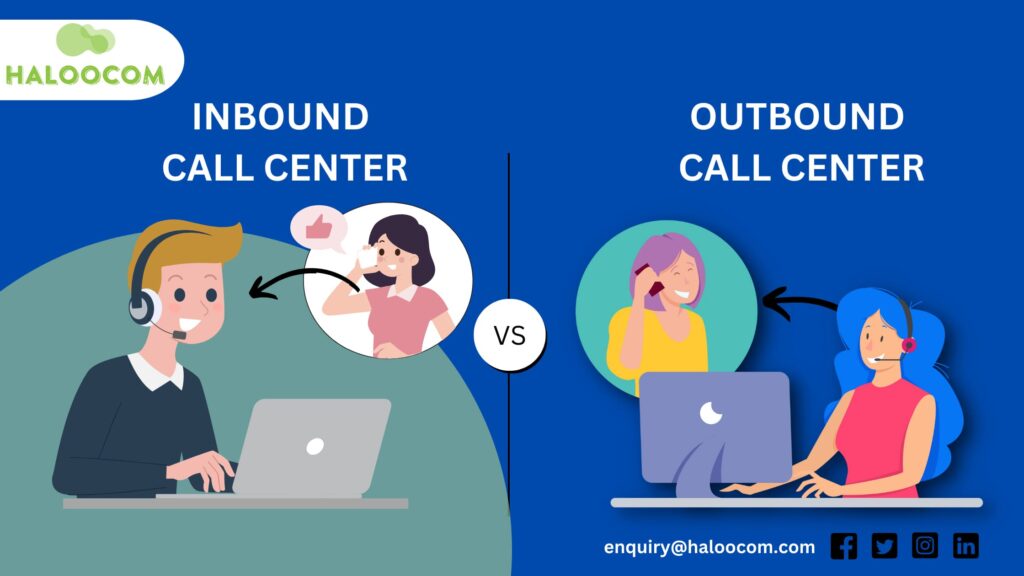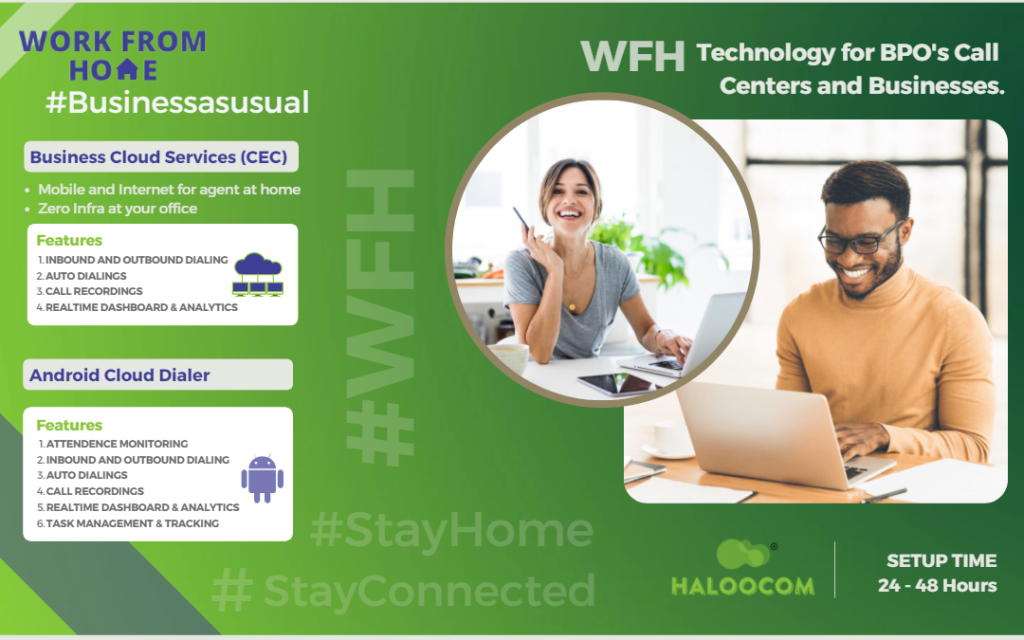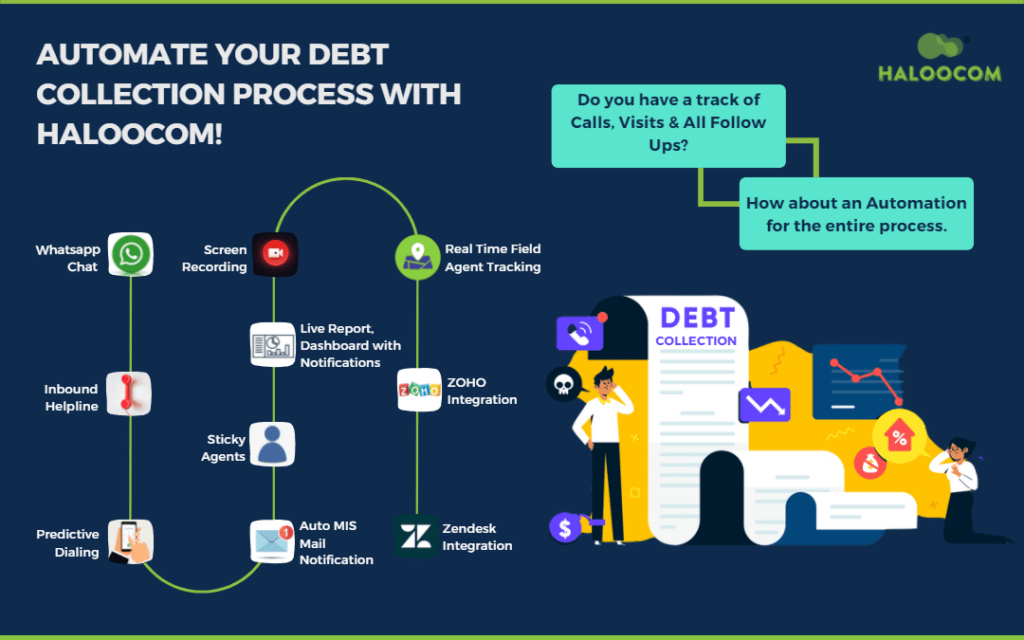Call centers are an essential component of many businesses, as they serve as the primary point of contact between customers and the company. With the rise of technology, call centers have evolved to include new tools and systems to help them manage their operations more efficiently. One of these tools is Interactive Voice Response (IVR) technology, which provides a convenient and cost-effective way to handle incoming and outgoing calls. But what is IVR, and what’s the difference between inbound and outbound IVR? Let’s explore.
What is an Outbound IVR?
Outbound IVR is a system designed to handle outgoing calls, usually for marketing or survey purposes. Outbound IVR systems make automated calls to customers and play a pre-recorded message or ask a series of questions. Outbound IVR can be a valuable tool for businesses that want to reach out to customers en masse, gather information, or promote their products or services.
Inbound Vs. Outbound IVR Comparison
IVR systems play a crucial role in connecting businesses with their customers. However, the origin of the call distinguishes inbound and outbound IVR systems.

Functionality

Customer Satisfaction

Scalability

Integration
Functionality: The primary purpose of an inbound IVR system is to handle inbound calls, or calls initiated by the customer and received by the business via its call center agents. In contrast, outbound IVR systems are designed to process outbound calls, or calls initiated by the business. These are typically used for marketing purposes, such as boosting sales or improving customer support.
Customer Satisfaction: A recent survey found that 90% of people prefer speaking with a live agent over a phone menu. Additionally, 89% of consumers are more likely to make another purchase after a positive customer service experience. A well-designed IVR system can enhance customer satisfaction by providing faster assistance and reducing the steps to connect with a support agent. However, some recipients of outbound IVR calls may not be interested in interacting with a robotic system that delivers marketing messages.
Scalability: IVR systems can help businesses scale their operations, but the right system must be selected to offer more value to customers. Both inbound and outbound IVR systems can help with scalability, but outbound IVR allows businesses to take advantage of customer engagement opportunities, instead of just waiting for customers to call.
Integrations: IVR systems are becoming increasingly automated and can be integrated with Artificial Intelligence and Machine Learning. For example, an AI-powered system can schedule a callback after a customer ends an inbound call. Outbound IVR systems can be integrated with autodialers to initiate dropped calls. Both types of IVR can also be integrated with CRMs to streamline customer communications. The choice of integration will depend on a business’s specific needs.
How to Utilize Inbound IVR?
Inbound IVR provides a self-service platform for callers to resolve their inquiries through a series of options. It identifies their needs through either DTMF tones or voice recognition, and routes their calls accordingly. Some applications of this type of IVR include:
Automated Customer Service
Handling a high volume of calls with traditional phone systems can be challenging and stressful for agents, especially during peak hours. Inbound IVR can enhance the support quality by allowing agents to handle multiple calls at once. Callers can select the appropriate option using their preferred device, and the IVR can handle tasks such as payments, shipment updates, and delivery tracking.
Inbound Sales
Inbound IVR can serve as another channel for potential leads by offering promotional offers and deals. The IVR can analyze the caller’s information to determine if they qualify as a pre-qualified lead. Once the lead meets certain criteria, the call can be routed to the relevant sales agent.
How to Utilize Outbound IVR?
Outbound IVR adds an automated layer to business practices, such as reminding customers about appointments or sending promotional alerts. Some applications include:
Customer Alerts for Promotions
An outbound IVR can use AI software or recordings to send promotional alerts to customers without the involvement of a live agent, freeing up their time to handle more complex inquiries. The software can also perform customer segmentation for these alerts.
Payment Reminders
An outbound IVR can automate the task of reminding customers about payment dates and invoices. The IVR system will quickly deliver the reminders without the involvement of an agent.
Lead Conversion
An outbound IVR can be used to follow up with potential leads who have expressed interest but have not taken action. The IVR system can remind them of promotional offers or complete their checkout.
Customer Satisfaction Surveys
An outbound IVR can be used to follow up with customers for their feedback and improve the product/service. If a customer decides to complete the survey later, the system can reschedule the call for a convenient time.
Customer Identity Verification
Outbound IVR can assist in preventing identity fraud by verifying the customer’s identity before involving an agent. This helps ensure secure communication channels and protect against identity theft.
The Importance of Choosing the Right IVR Service Provider: Why Haloocom is the Best Option
Inbound and Outbound IVR systems play a crucial role in streamlining call center operations and providing efficient customer service. When choosing an IVR service provider, it’s essential to consider factors like reliability, scalability, customization, and integration with existing systems. Here’s why Haloocom stands out as the best choice for businesses looking for a comprehensive IVR solution.
Reliable and Scalable Technology
Haloocom offers a robust IVR platform that can handle high call volumes and provide seamless call routing. The system is highly scalable, allowing businesses to adjust to changing call center demands. Additionally, Haloocom’s infrastructure is built to be highly reliable, ensuring that your calls are never dropped and that your IVR system is always available.
Customizable IVR Solutions
Every business is unique, and the same applies to their call center needs. Haloocom provides custom IVR solutions that can be tailored to meet specific business requirements. From the menu options to the voice prompts, businesses can personalize the IVR system to fit their brand and provide an exceptional customer experience.
Integration with Existing Systems
Haloocom integrates seamlessly with a wide range of call center systems and software, making it an ideal choice for businesses looking to improve their IVR capabilities. Whether you’re using a CRM, helpdesk, or other call center tools, Haloocom’s IVR system can be integrated seamlessly to provide a unified customer experience.
Advanced Features
Haloocom’s IVR platform offers a wide range of advanced features that can significantly improve call center operations. From call tracking and reporting to real-time monitoring and analytics, businesses have the tools they need to optimize their IVR system and provide top-notch customer service.
Expert Support
Finally, Haloocom provides expert support to help businesses get the most out of their IVR system. From deployment to ongoing maintenance, Haloocom’s support team is always available to assist with any issues or questions.
In Conclusion, Inbound IVR and Outbound IVR systems provide businesses with numerous opportunities to improve customer engagement and streamline their operations. By automating customer service, sales, and support processes, businesses can provide better service while also reducing stress on their agents.






